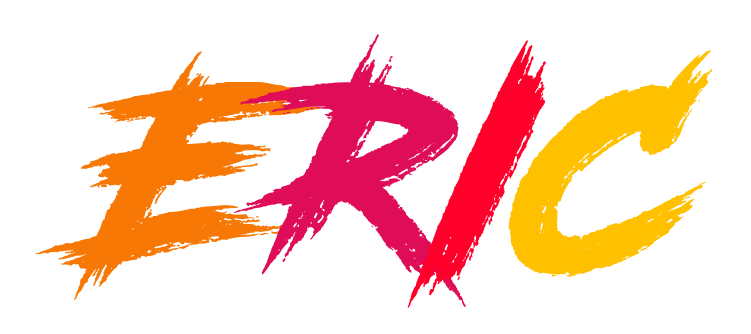World Gaming Day🕹
World Gaming Day in the UK – Everything You Need to Know
World Gaming Day, an initiative from the UK Games Industry Association, is almost here, and it’s time to get ready! Check out this blog post for everything you need to know about World Gaming Day in the UK!
What jobs you can get in the Gaming Industry?
The gaming industry has become a huge part of the UK economy and its was shared in TIGA's Making Games in the UK 2022 report that the number of full-time employees working in games went from 16,836 to 20,975 between April 2020 and December 2021! So it’s clear that the industry is ever growing with plenty of roles available! According to an article shared by Games Industry biz, the average salary for a game designer at junior level is £26,000, £44,000 at senior level, and £87,000 at director level. Meanwhile the highest paid roles are in online programming, which pays an average of £30,000 for interns, £70,000 for seniors, and around £90,000 in leadership roles. Other high paid roles include business development, data analysis and production.
Even if you don’t have the skills or experience required for some of the more technical career paths, there are plenty of other careers you can get into within the industry.
Here’s some jobs you could look to get in the UK Gaming Industry: Game developer, Assistant Games Producer, Gameplay Programmer, UI designer, Sales Manager, Social Media Manager, Marketing Executive, Sound Engineer/Programmer and Community Manager.
How is gaming creative?
We all love games, but how creative are they? While your parents may have thought of it as a passive activity, game creation has become a serious business. Some people do it for fun; others, for profit. Many of us do it every day and probably don’t even think about how creative we are being. It is only when you try to explain what you do that your creativity becomes more apparent. But why? And what does game creation involve? The industry needs a wide range of skills, ranging from art to programming. There's also a demand for those with skills in marketing, project management, sales and finance. So while some people will opt for the technical side in programming and development, others may opt for the more creative side working on graphics, visual effects and concept art, and then there’s the business side in which you can be creative, but within the marketing, project management and sales areas!
Tips for getting into the gaming industry?
If you want a career as a game designer, you might want to go into it knowing what’s expected. For example, most companies will ask for a portfolio of your work. There’s also a good chance they’ll want a CV and cover letter. A good CV showcases all of your skills and lets the employer know that your experience and skills match with the open position. A good CV will also put across your personality and achievements, and give the employer a good idea of whether you’ll be a good fit for their team and company. If you have any relevant coursework from school or independent study related to game design, make sure it’s included on your CV —but be aware that some companies may only accept degree level studies, an easy way to find this out is by checking the job advertisement, and then if it’s not specified on there, you can reach out to the company who have the opening.
Finally, if you’re applying to a specific job posting, research everything you can about that company before submitting your application. You should already know their mission statement and vision by heart, but do some research on their history, their products and anything else that makes them unique.
And don’t forget: You can always take courses online in everything surrounding game development!
If you’re interested in finding opportunities in gaming, or finding out more about the video games industry, download the ERIC app, or head to our Schools resource hub.

